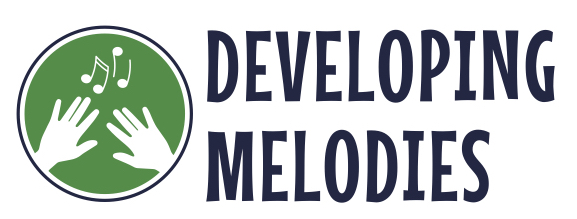
I can’t tell you how many times we are referred to as “The Music Teacher” when we walk down the halls. It’s a regular occurrence in all of the facilities that we serve… even those that are NOT schools. Honestly, I’m flattered! I know what it takes to be a music teacher, as there was a time that I was one, and I am honored to be lumped into that category. Music Educators go through a lot of education and coursework and practice to become the teacher they are. In fact, my own Music Education degree included almost 21 credit hours per semester, additional coursework in special needs and education (of which I chose as a bonus) and practical experience including student teaching. I am proud to be mistaken for a Music Educator….
and here is the BUT…
I’m not a music teacher. I let my teacher certification lapse several years ago and I continued on to receive a Masters in Music Therapy. Simply put… I don’t TEACH music. That’s the difference between what I currently do and what I used to do (and what I am often mistaken for doing).
Typically, Music Therapists don’t TEACH Music, and instead we USE music. We have studied, practiced and learned how to use all of the different aspects of music to induce change for our clients. Now, sometimes, if we are working on skills like coping, learning an instrument may be an extremely beneficial goal and we are happy to help facilitate that.
When a music teacher walks into a classroom, their job is to teach music; teach the notes, the rhythms, teach kids and adults how to sing, play an instrument and count musically. As a result of all of this music learning, some really cool things happen (and several studies have been completed showing exactly these cool things) like increased socialization, improved math skills and cognitive development and improved fine motor skills.
So take that really cool stuff FIRST… thats what we do. We look at the changes and goals that this client wants to make and apply music treatment in order to assist in that change. If a client is learning to speak, we chose or most likely write a song that includes that word (several times) to really solidify the practice opportunity and because singing and music so nicely mirror speech, it’s a win win! When assisting in walking, we can provide the steady beat and rhythmic accompaniment to induce a more natural and even gait. Participating in specific music experiences to target ones goals is where we differ from Music Education.
So flatter me by calling me a Music Educator, but use me to induce real and purposeful positive change in NON-Music areas.
